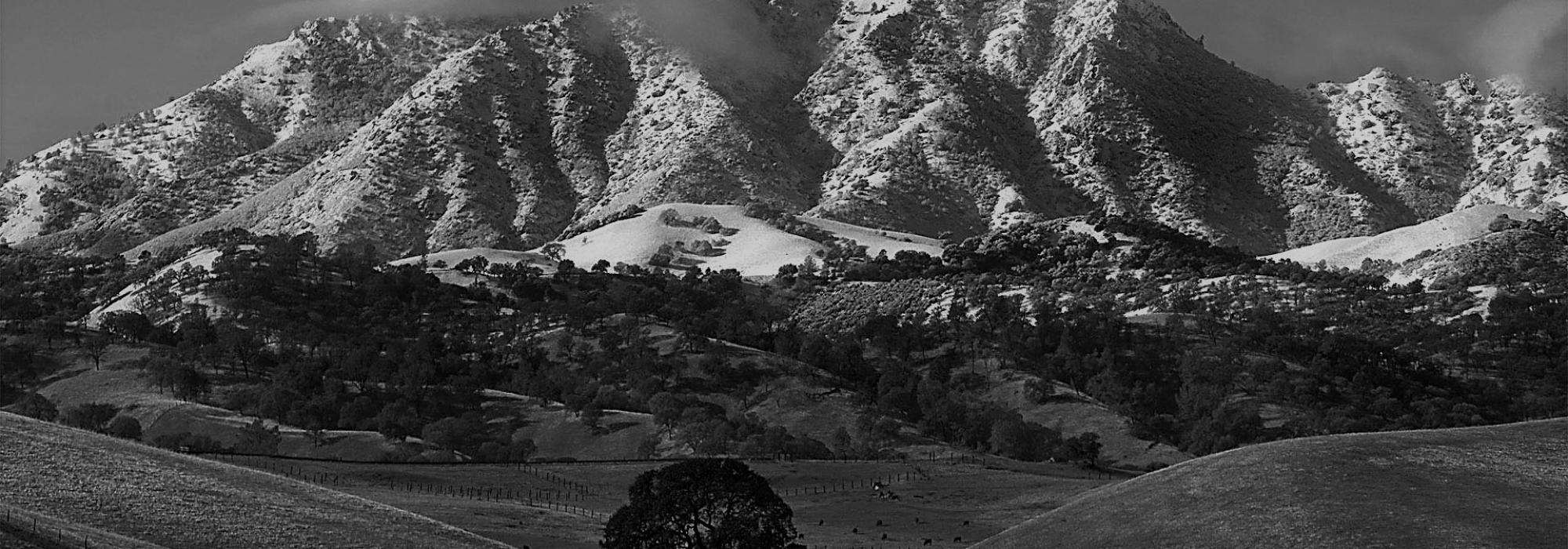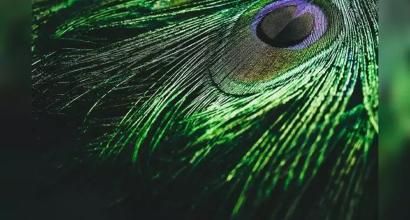Discharging Social Debts
Now I will narrate some social etiquette that was in practice more than seventy years ago. People did not frequent hotels or restaurants back then. In fact, one couldn’t find any hotels or restaurants in any town other than Bangalore [in the Mysore Province]. The common belief among the brāhmaṇas was that running a restaurant or eating in one was highly improper.
During those times, people who had to visit district towns like Bangalore or Kolar for their work in a court or a government office, adopted a subtle tactic to avoid hotels. They would visit a relative or a dear friend’s house. It would be considered improper for them to offer to pay for their stay. Nor would the hosts accept any payment. Accepting money for hospitality or food was prohibited. At the same time, it was considered improper for guests to exploit the host. Enjoying hospitality creates a social debt. One has to pay it forward in kind. So guests would “forget” a small snuff box on the bathroom shelf or below the seat while dining. These boxes would contain some four or eight ānās (currency of yesteryears with sixteen ānās to a rupee). If the host accepted these coins, they would rejoice silently. If the host brought up the topic of the snuff box, perhaps during the meal, they would feigned absent-mindedness :
“Oh! So forgetful of me! All is well!”. If the host insisted on returning the same, they would bring back bags of cucumbers or lemons and offer it to the host, “I brought these for you from my village. I didn’t buy these in a shop, so you don’t owe me any money.”
This is how people discharged their social debts tactfully in those days.
Nanjudappa’s Hotel
There were no restaurants in Mulabagilu in the early part of the twentieth century. The first modern restaurant was started by Śri Nanjundaiah, a Badaganadu brāhmaṇa. He hailed from Mugandahalli, if my memory serves me right.
Locals talked about how he had brought a woman with him to help him run his business.
The restaurant was located in a lane just behind ours, opposite to Koppar’s Court and adjacent to the residence of a dance diva, Sitamma. Not many customers visited it. In the beginning, meals were served twice a day. Gradually, snacks were also introduced.
I was a student then, around third or fourth standard. But, because a variety of snacks were prepared daily at home and my elders did not give me much pocket money to splurge, I couldn’t enjoy the pleasure of eating in his restaurant. My classmate and friend who lived with us, Venkata Rao, about my age possibly a year or two older, had a memorable encounter.
Venkata Rao’s Indigestion
Nanjudaiah’s story needs to be told. He hails from a small village near Mulabagilu. His father, Sanjivappa was my grandfather’s client (I’ve written about this elsewhere). Our families shared deep bonds of friendship. His eldest son, Venkateshaiah, was a bosom friend of my father. Venkata Rao was his younger son. He lived in our house during his schooling years. Every ten to fifteen days, either Sanjivappa or his son Venkateshaiah visited Mulabagilu and drop by our home to enquire about his well-being. They would give him one or two ānās and motivate him with pleasant words. He accumulated quite a few coins this way.
One day, Venkata Rao developed stomach pain. He confided his distress to my grandmother. She knew how to concoct herbal potions for such ailments.
“What did you do to get this pain?”, she asked, demanding an explanation.
Venkata Rao hesitated a while and remained silent. That night, his pain became severe.
“Stop groaning! You will be fed with horrible tasting potions”, warned my uncle.
Venkata Rao was terrified of such potions. But how else could he relieve his pain? What to do? My uncle advised him to lie flat with his abdomen pressed firmly to the ground. He followed the advice, but started passing wind, sounding out at varying intensities and duration throughout the night. A short pause for about ten minutes, then going darr! burr! regularly with greater vigour. Inmates couldn’t sleep that night; the giggling wouldn’t stop. It was like adding insult to injury for Venkata Rao.
Next day, the pain became unbearable, bringing him to tears. He crawled around on all fours like animals in a herd, wailing in pain.
Secret Revealed
Now his secret was out in the open. My grandmother, who arrived on the scene, asked him,
“Hey Venkata Rao! Confess now. What did you eat to get into this state?”. Her voice was laden with concern. Venkata Rao’s self-esteem held him back. By then, my father arrived and sensed the mood. Venkata Rao hesitated and then spoke (in Telugu) haltingly in fear.
“My elder brother gave me some money during his visit last time for snacks. I went to Nanjudaiah’s restaurant and ate a couple (īviraṇdu, āviraṇdu) of the snacks on offer...”
He further let out a curse, “Damn his family!”.
The others giggled, Someone prompted, “What do you mean by a couple? A couple of?”
“A couple of pakodas, a couple of bondas, a couple of handfuls of kāraseva (spicy noodles).”
Everyone broke into splits, except my father. Venkata Rao clenched his teeth and closed his lips tight, in anticipation of what was coming. My father brought a uddharaṇi from the pūja room and used its handle to prise open Venkata Rao’s mouth, while my grandmother brought her herbal potion and fed him. It tastes like Kadale Huḻi (groundnut soup, at once bitter and sour).
Kadale Huḻi
Kadale huḻi is not a cooked dish. It is a type of groundnut plant. While the ground-nut plants are still growing in the fields, a thin, white cloth is spread over them. Overnight, dew accumulate on top of this cloth. The exudations of the young growing plant, mixed with the dew drops, dampened the cloth. In the morning, the damp cloth would be squeezed into a cup and mixed with medical salts like saindhava lavaṇa (Himalayan Rock salt) and bottled for preservation. This is Kadale Huḻi - the ultimate cure for indigestion.
It is this ultimate potion that made its way into Venkata’s stomach. This was followed by pūrvāṣāḍa and uttarāṣāḍa - nicknames for vomiting and diarrhea.
Finally, Venkata was relieved of his pain.
After four or five days, an elderly relative of his picked him up from our home.
Later, Punganuru village’s famed Uma Pandit, put him on a strict diet for a month and restored him to his original health.
Concluded.
This is the second part of a two-part English translation of the thirty-second essay in D V Gundappa’s magnum-opus Jnapakachitrashaale (Volume 8) – Sankeerna-Samputa. Edited by Arjun Bharadwaj and Hari Ravikumar.















































